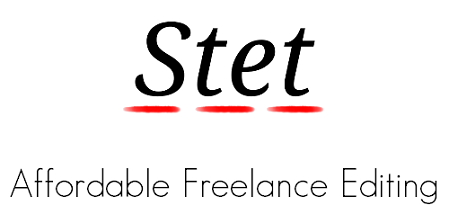The Importance of Change

I think it is my greatest fear to be so knowledgeable on any subject that I have nothing left to learn, but, fortunately, I don’t believe such a position is ever possible
In any medium, editing is not a display of intellectual superiority. It is not the man in the glass office, pen poised, with recommendations upheld by breadth of knowledge, academic qualification, or experience. We are not expert consultants, rule makers, or judge/jury/executioner. An editor’s role, and the main dictum of editorial responsibility, is about improvement and change. Just as you cannot be a barista without liking the taste of coffee, a writer with no interest in reading, or a criminal who practises law, you cannot be an effective editor if you are unable to change.
Grammar can be fickle; it can move like the seasons, and progress or reform. Its purpose is to provide a guideline to help focus a piece of writing and ensure its readability, but the idea that people’s view of good flow and use of language is fixed to antiquated grammar rules, or that Lowthian* principles should be upheld for historical purposes, is just not what grammar is for.
Purists may cry that fixed rules are the backbone of stable writing and commonality is the essence of readability, but if they refuse to accept that commonality changes (as many of them do), writing can become stagnant and old fashioned.

Just like a painter may be ahead of his time, a writer may seek to break new grounds in style and form
I think it is my greatest fear to be so knowledgeable on any subject that I have nothing left to learn, but, fortunately, I don’t believe such a position is ever possible. Industries change, and those who refuse to change along with them will be left behind. An editor should welcome his own mistakes, seek to understand and learn more if he is not absolutely certain of his correction, be comfortable adapting to differences in context and medium, and always be open to experimentation.
Learning, improving, and staying flexible is the mark of a good editor, and you should always remember: just like a painter may be ahead of his time, a writer may seek to break new grounds in style and form. This is why editing should never be tainted by experience, personal preference, or their supposed wisdom of industry (this is the black mark of the unchanging editor); instead, editing should seek to understand the author’s intentions, maintain their voice, and respect their preferences.
The worst kind of editing is that which forms a professional cast around the writer, restricting their ambition to only what is considered “sellable”.
*Bishop Robert Lowth, who coined English grammar rules such as “never end a sentence with a preposition” or “never split an infinitive” – rules that are often discredited by modern scholars today.
About Us | Services | Prices | Competitions | Blog
Contact us at stetfreelance@gmail.com or use our online form

